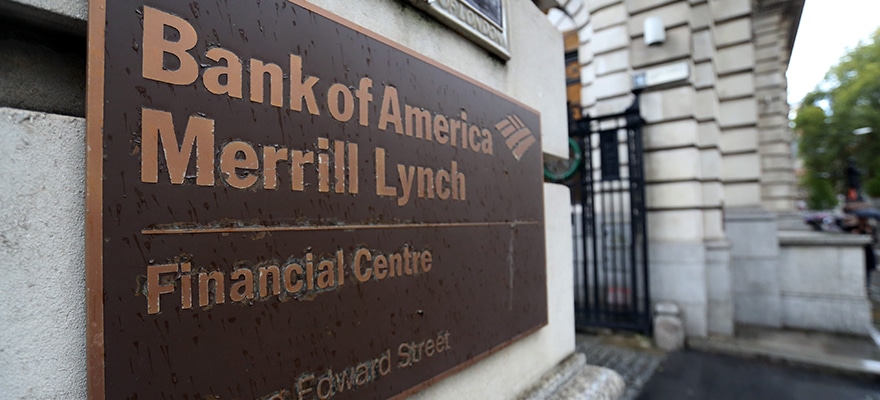The Securities and Exchange Commission today fined Bank of America’s brokerage arm, operated by Merrill Lynch, $12.5 million for ineffective trading controls which caused a series of mini-flash crashes.
This claim follows a $10 million Settlement that Merrill Lynch entered into with the U.S. regulator earlier in June 2016. The SEC and FINRA have collectively levied $15 million in fines against the firm for failing to disclose material facts in its sales of the so-called strategic return notes.
In particular, Merrill Lynch reportedly caused market disruptions on at least 15 occasions from late 2012 to the middle of 2014, violating market access rules, an SEC investigation found. The Bank of America-owned unit’s internal controls in place failed to prevent erroneous orders from being sent to the markets as they were set at levels so high that it rendered them ineffective.
The highest-ever penalty for market access violations
The SEC cited an example where Merrill Lynch applied a limit of five million shares per order for one stock that only traded around 79,000 shares a day. This meant that the erroneous orders when passed caused certain stock prices to plummet and then suddenly recover within seconds. Another order led to a nearly 3% decline in Google’s stock in less than a second in April 2013.
Andrew Ceresney, Director of the SEC Enforcement Division, said: “Mini-flash crashes, such as those caused by Merrill Lynch, can undermine investor confidence in the markets. It is essential that broker-dealers with market access have reasonable controls to prevent erroneous orders that disrupt trading.”
Robert Cohen, Co-Chief of the SEC Enforcement Division’s Market Abuse Unit, added: “This is the highest-ever SEC penalty for violations of the Market Access Rule. Despite multiple red flags, Merrill Lynch failed to evaluate adequately whether its controls were reasonably designed and failed to fix the problems quickly.”
Merrill Lynch consented to the SEC’s order without admitting or denying the findings. In addition to paying the $12.5 million penalty, Merrill Lynch agreed to be censured and must cease and desist from further violations.
Separately, six exchanges including Bats, NYSE and NASDAQ, have collectively fined Merrill Lynch $3 million for violating SEC's market access rule and exchanges' respective supervision rules. Exchanges found that during July 14, 2011 through Oct 20, 2014 Merrill Lynch filed over 200 clearly erroneous petitions to their systems.
The disciplinary action was initiated by the Financial Industry Regulatory Authority (FINRA) on behalf of the exchanges collectively.

















